I.F.O.A. is a training and employment agency linked to the Italian Chambers of Commerce. As a private, not-for-profit organisation, we work on national and international levels, aiming at transferring useful knowledge to people, businesses and territories.
To us sustainability is increasing awareness, feeling responsible, taking action. Thinking globally and acting locally, even starting from small things.
More, developing sustainability skills means equipping learners with competences for their personal, employment and career paths. In other words, sustainability favours employability.
That is why, we endeavor to embed sustainability in all training programs we deliver, especially at EQF levels 4 and 5.
An example from the training course for “Industrial designers” (EQF 4). Students are divided in groups and run project works to solve problems posed by companies, or to develop innovative products. Sustainability is a core issue, insofar the programme applies design, innovation and advanced technologies (e.g. 3D printing, laser cut, etc.) with environmental sustainability. A few recent examples: a group produced a device to encourage people recycling used plastic cups for coffee in vending machines (called eCoffee). A second group designed a machine for composting organic waste at home (called GreenCompost). Another group developed with recycled materials a furnishing accessory (called “Goccia” – “Drop”) equipped with sensors to monitor the quality of the air at home (gas, humidity, mould, etc.).
Also EU-funded projects are a testbed for rising awareness and taking action in favour of sustainability. Take for instance some of the most recent Erasmus+ projects we are involved in, like NEGHTRA – Next Generation Training on Intelligent Greenhouses (621723-EPP-1-2020-1-EL-EPPKA2-KA), a KA2-Knowledge Alliance addressing knowledge transfer in precision agriculture. It aims to provide innovative training on smart greenhouse technologies coupled with selected optimum matching of technologies/cultivations, based on conditions for economic and environmental sustainability. Or SWAP – Sustainable solid WAste management and Policies (618723-EPP-1-2020-1-DE-EPPKA2-CBHE-JP), a KA2-Capacity Building aiming at sharing and transferring sustainable policies in urban solid waste management and recycling from the EU to South-East Asian countries.
There is a higher role of VET in this. Every year we consume Earth resources at a faster pace. We must move to sustainable mind-sets, behaviours, processes and products. It is a kind of domino effect: the society demands for sustainability, and society drives the market. So companies move to it, hence VET should prepare students not only able to fulfil requirements, but also to act as “sustainability ambassadors” in companies, conveying sustainable knowledge, skills and behaviours at the workplace.
More, our behavior as VET operators matters, too. We regularly recycle paper, plastics, organic, glass, batteries. We use low-impact inks and toner for printers. We provide students and employees with free bikes for short displacements within the surroundings. Coffee machines use recycled and recyclable materials, water dispensers replaced plastic bottles, in open areas lights switch on and off automatically, etc. No individual printers are allowed: if I want to print anything, I have to choose one remote printer, step-up, walk there, input a personal code, and get my printouts. In other words, I am encouraged to think if I really need to print a document, before I do. We have well-being policies for our staff and families, including baby-sitting, fitness, etc.
The results? Over 15.000 kWh of electricity, 120.000 liters of water, 52.000 sheets of paper saved every year. And happier and more aware faces around. Small gestures can make the difference.
In all that, we have learnt a lot. Things like:
- make sustainability a cross-cutting subject, not differently from IT, foreign languages, etc.;
- ensure that your organisation and your teachers stand as a sustainability example to learners, in their daily work;
- build local networks with stakeholders, to make clear sustainability is a “must” to everybody;
- make learners practice with real world cases and work-based learning;
- in doing that, foster learners to “think sustainable”: encourage the usage of poor/recycled materials, give them a limited budget, etc.;
- spread around the work done, make others know you are active in sustainability, communicate.
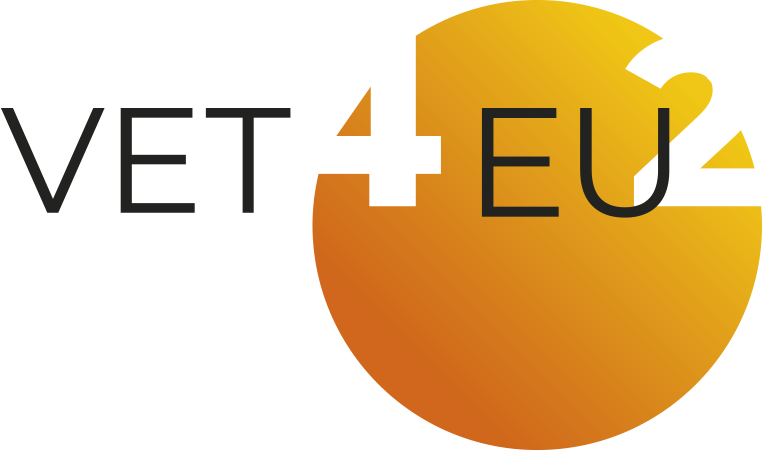
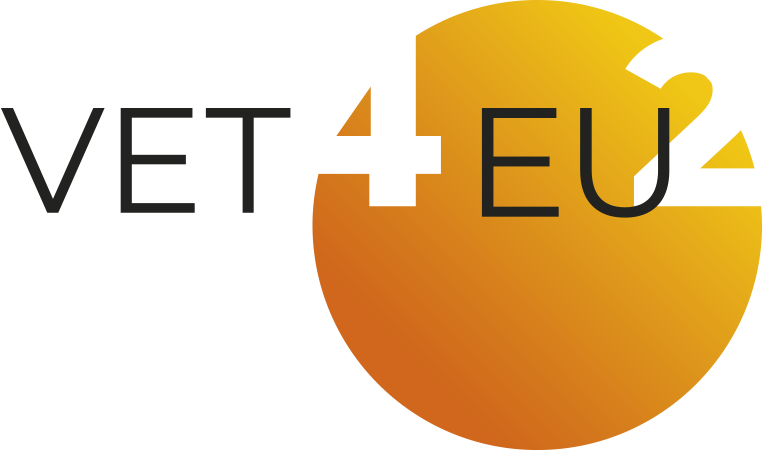

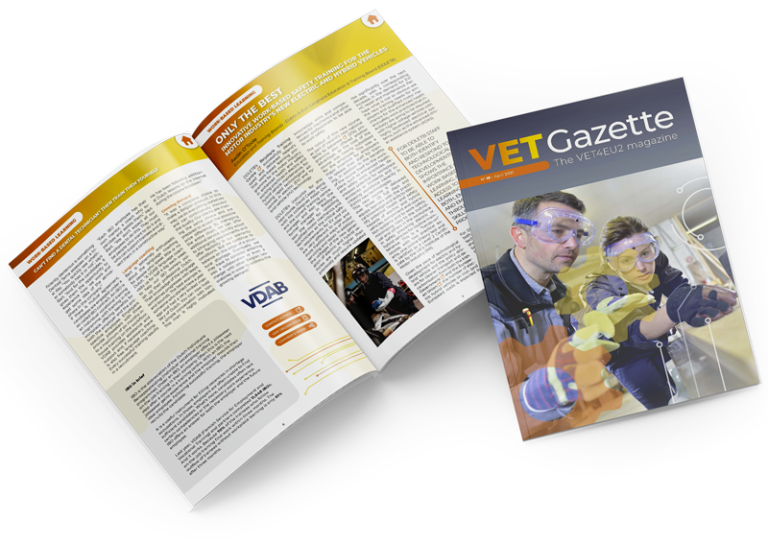
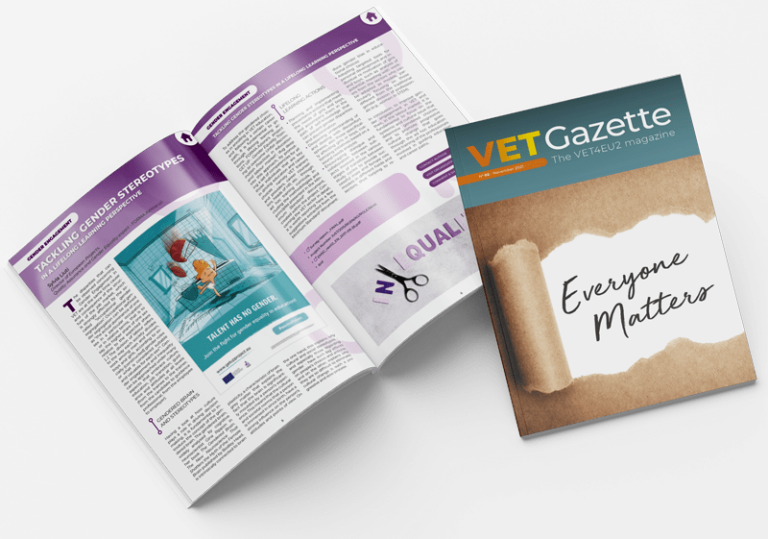
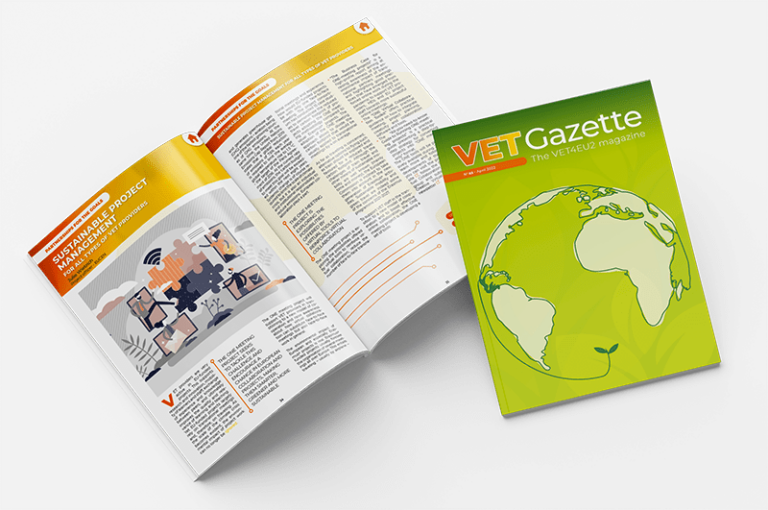
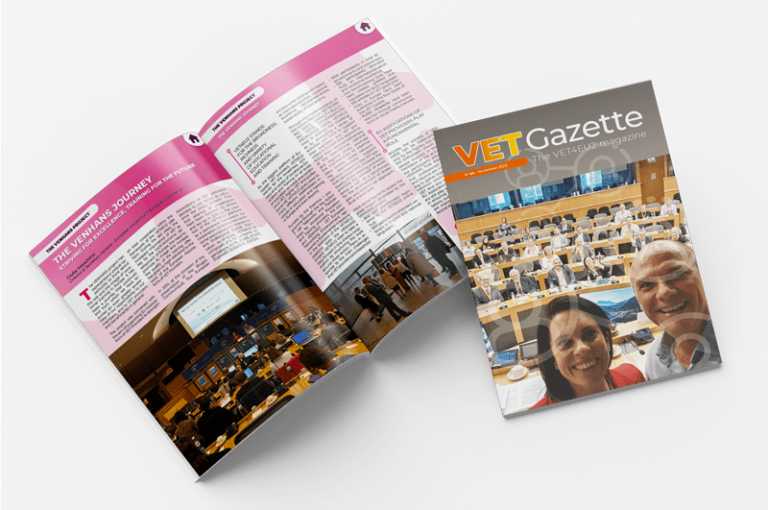

Responses